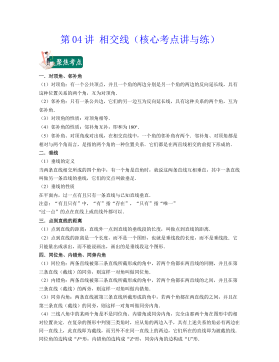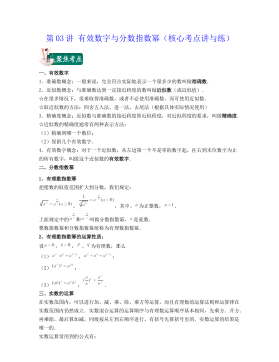农户金融合作行为与农村信用社产权制度的相互关系模型v
浙江财经学院硕士学位论文I摘要农村信用社的改革一直是农村金融改革的难点和焦点——尤其是如何结合农村地区的实际情况以及农民的实际需求来完成新一轮的改革,建立归属明晰的产权制度、完善内部治理结构。在新一轮农信社产权制度改革过程中农户金融合作行为一直被忽视,忽视对农户金融合作行为的研究以及农村金融改革过程中排斥农户参与一直是理论界和实践操作中存在的问题,这在很大程度上导致了一次次的农信社改革都不尽人意。因此,我们有必要站在直接受益者农户的立场上来研究这个问题。从理论和实证两方面对农户金融合作行为展开细致全面地研究,不仅为全面评估农信社改革绩效提供了理论基础和现实基础,而且为农信社的进一步改革提供了理...
相关推荐
-
10KV电网D-SCADA 系统信息采集与故障诊断研究与设计VIP免费
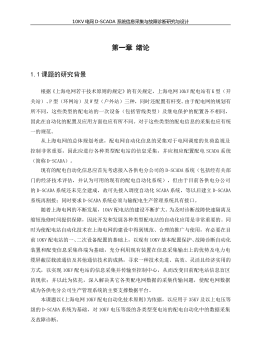
 2024-10-14 20
2024-10-14 20 -
方形吸顶散流器平送风等温射流特性研究VIP免费
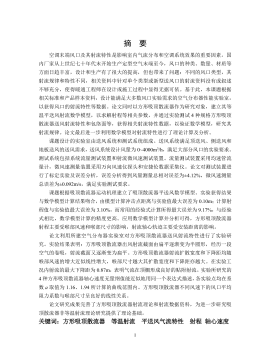
 2025-01-09 6
2025-01-09 6 -
关于充液声导波传感器中频散兰姆波的研究VIP免费
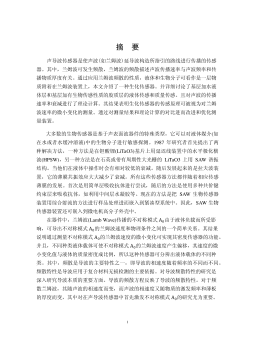
 2025-01-09 6
2025-01-09 6 -
结合梁斜拉桥施工过程中考虑剪力滞影响的分析方法VIP免费

 2025-01-09 6
2025-01-09 6 -
空调房间热舒适性的数值模拟与实验研究VIP免费
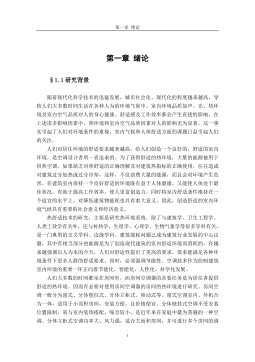
 2025-01-09 7
2025-01-09 7 -
汽车前轮线控转向系统研究VIP免费
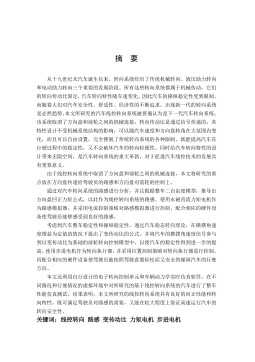
 2025-01-09 8
2025-01-09 8 -
输入分配型混合动力车辆动力系统控制策略研究VIP免费
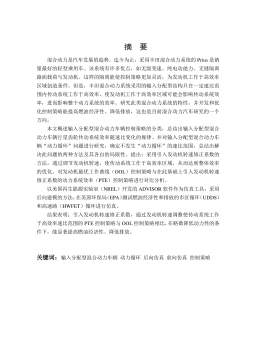
 2025-01-09 7
2025-01-09 7 -
双馈风力发电系统的柔性并网控制研VIP免费
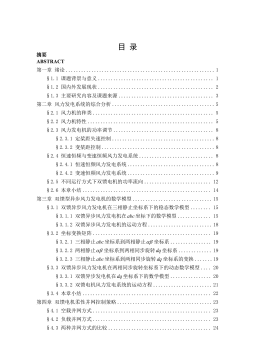
 2025-01-09 8
2025-01-09 8 -
污水处理厂污泥好氧堆肥发酵技术的试验研究VIP免费
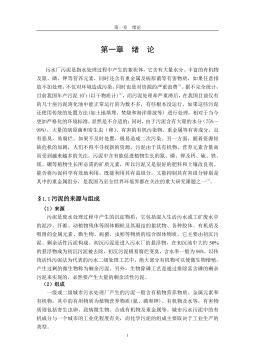
 2025-01-09 7
2025-01-09 7 -
应用风室试验装置的风机性能VIP免费
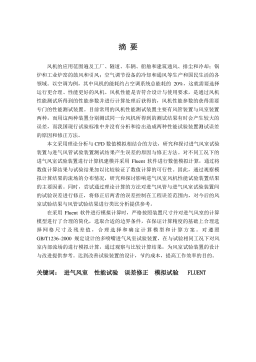
 2025-01-09 8
2025-01-09 8
作者详情
相关内容
-

汽车前轮线控转向系统研究
分类:高等教育资料
时间:2025-01-09
标签:无
格式:PDF
价格:15 积分
-

输入分配型混合动力车辆动力系统控制策略研究
分类:高等教育资料
时间:2025-01-09
标签:无
格式:PDF
价格:15 积分
-

双馈风力发电系统的柔性并网控制研
分类:高等教育资料
时间:2025-01-09
标签:无
格式:PDF
价格:15 积分
-

污水处理厂污泥好氧堆肥发酵技术的试验研究
分类:高等教育资料
时间:2025-01-09
标签:无
格式:PDF
价格:15 积分
-

应用风室试验装置的风机性能
分类:高等教育资料
时间:2025-01-09
标签:无
格式:PDF
价格:15 积分


